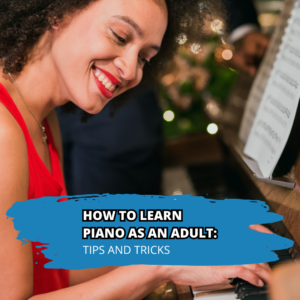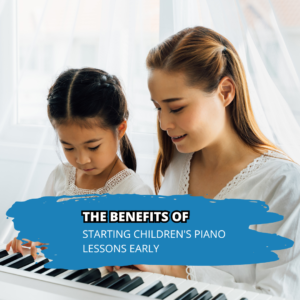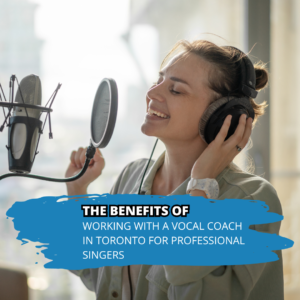Music is a part of life from the earliest stages. Many children begin encountering and experiencing music prenatally through recordings that parents play for them as they develop. Newborns will hear parents singing lullabies to them and begin associating music as something to be enjoyed even at that tender age. Babies realize that they can create specific vocal sounds themselves and make percussive sounds with rattles and clapping within months of birth. Creating sounds becomes fun for them, and the next natural step for children is to learn how to create and explore sounds in a more structured way through listening to and learning about music. Children under the age of five and even those in elementary school enjoy music, because it is fun and often provides some social time for them. Studies of children who have received music lessons in some form since early childhood demonstrate that music is beneficial in other ways as well. That’s why incorporating some Toronto music lessons into your child’s life is something to seriously contemplate.
When children take music lessons, they develop skills necessary to excel in other areas of learning. The NAMM Foundation is an organization that advocates music study and collects information about research supporting music study. It states that playing music positively affects the development of children’s cognitive skills, and it builds confidence, self-discipline and inspires creativity.* It encourages the use of listening skills, cognitive skills, and fine motor skills simultaneously. In a study done by professors at Boston College and Harvard Medical School, there were changes in the brain images of children who studied music and practiced for just fifteen months. They showed measurable improvement in sound discrimination and fine motor skills.+
Studies also show increased neural activity and even structural differences in the brains of those who have studied music. Magnetic source imaging was used to measure activity in the auditory cortex of the brain. Those subjects who had studied music demonstrated a notable increase of neuronal activity as opposed to subjects who had not studied music. The strength of neuronal activation to piano notes coincided with the age of the subject and the length of time music was studied.^ Another study showed that students who began music study before seven years of age showed an advanced level of sensory-motor integration. The same study notes that starting study later still provide benefits in correlation to the amount of music practice.^
The effects of this increased brain activity in the sound processing centers of the brain shows in early speech and reading skills. Studies clearly show that music training physically develops the left side of the brain, which is accountable for processing language.+ Professor Nina Kraus, director of the Auditory Neuroscience Laboratory at Northwestern University, states that “to learn to read, you need to have good working memory, the ability to disambiguate speech sounds, make sound-to-meaning connections. Each one of these things really seems to be strengthened with active engagement in playing a musical instrument.”#
The benefits of music study continue beyond early childhood. Studies done by the University of Sarasota and East Texas State University indicate that middle and high school instrumental music students score significantly higher on standardized tests than nonmusic students.* Music also give students a noticeable benefit in understanding advanced math concepts. A group of second-grade students were taught some advanced math concepts using math software. Some of the test group was also given four months of piano lessons during the study. The students who studied music as well as using the software scored twenty-seven percent higher on tests than those students who only learned with the aid of math software.* A study done by Dr. James Catterall at UCLA tracked more than 25,000 students over ten years. Music students scored higher on not only standardized tests, but also on reading proficiency tests, regardless of the student’s socioeconomic background.*
Parents should get their children interested in music as early as possible to reap the benefits of a good music education. Many older infants, toddlers, and preschoolers enjoy a small group experience that gets them listening and moving to music, singing simple songs, and experimenting on different instruments like drums, keyboards, and recorders. There are private music schools, Kindermusik programs, and even some good preschool programs that can offer some very good early music experiences. One thing parents need to ask when making decisions about early music education is whether actual professional music teachers are teaching the music. Even the very earliest musical lessons should have some structure and objectives, and a qualified music teacher is needed to provide that. Some young children are able to begin very elementary studies on an instrument. A preschooler who shows interest in sitting down at a piano and playing should be encouraged to try some private lessons. Violins and guitars are made in a variety of sizes for tiny fingers to play. The key is to find a qualified music teacher who has some experience training very young children. Whether it is a group class or private lessons, children need to enjoy music while they learn about it.
If you’re looking for guitar lessons in Toronto, take a trial music lesson at Elite Music Academy! Contact us at 416 406-5355 or fill out a List of music lessons we offer.
Sources:
*nammfoundation.org
+pbs.org
#well.blogs.nytimes.com
^soc.northwestern.edu








